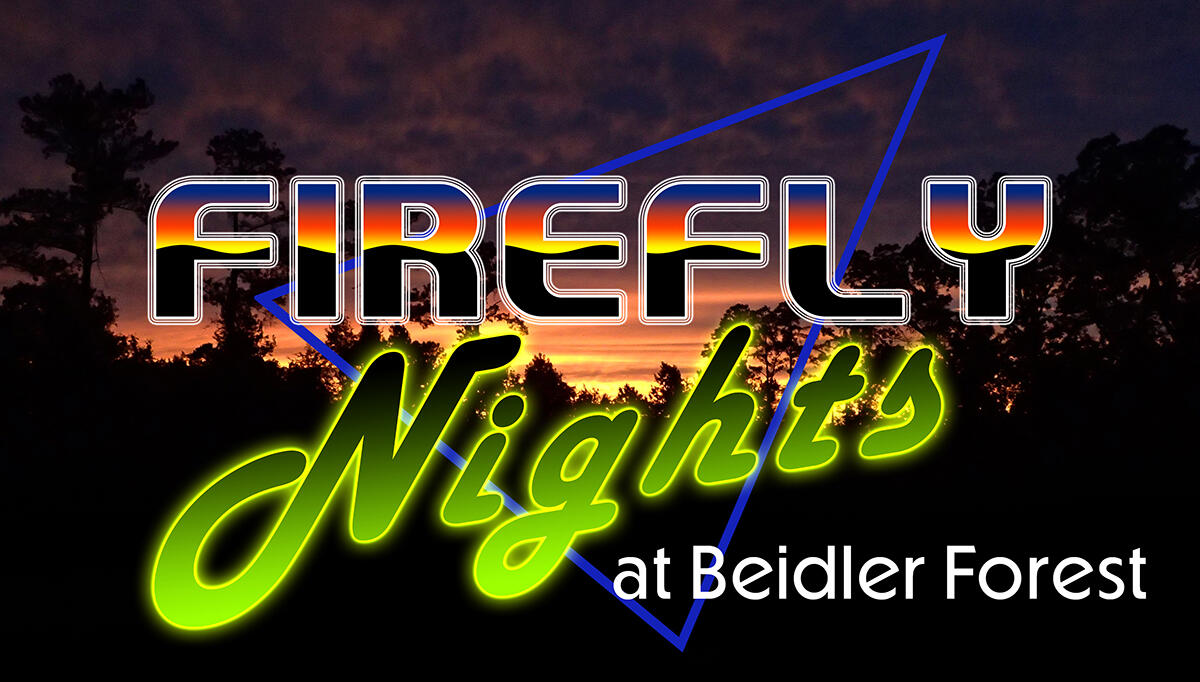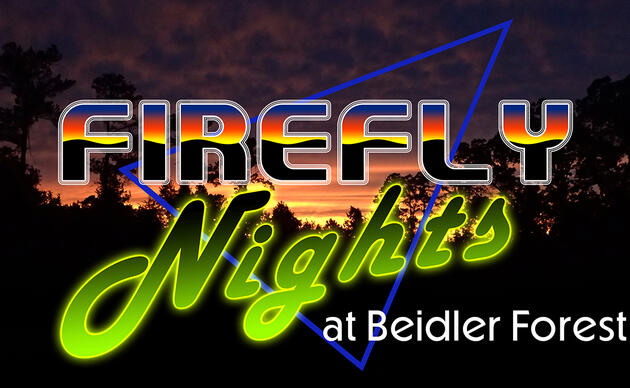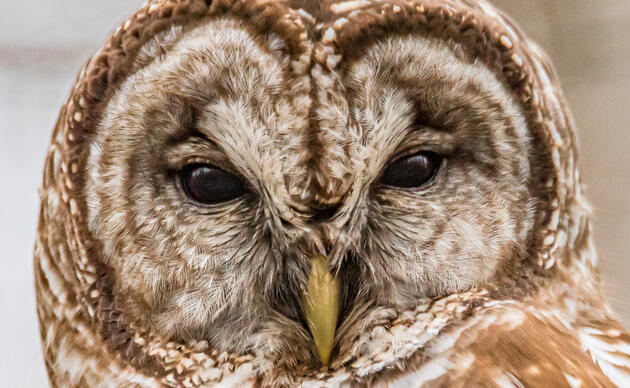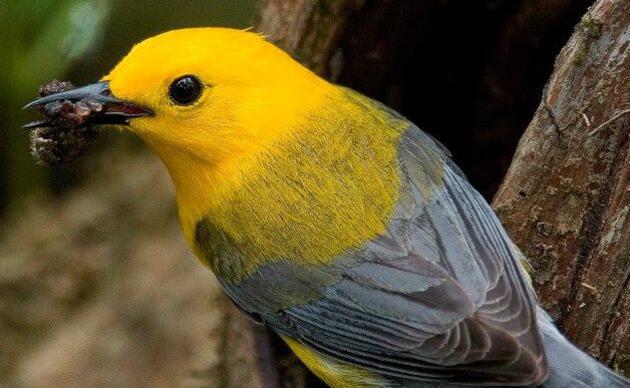Our 2025 Firefly Nights season has ended. If you would like to be notified about future updates to our Firefly Nights programs be sure to sign up using our firefly interest form. Upates on our 2026 season will be released before ticketing is opened up to the public!
Refunds/Cancellations:
- Beidler Forest will issue a full refund if the program is cancelled. Beidler Forest reserves the right to cancel this event due to inclement weather or for other reasons not specified.
Firefly Nights at Beidler Forest FAQs:
- No photography of any kind
- No flashlights or other light sources. We will provide you with red flashlights to use during the event. Please keep cell phone use to a minimum.
- Cover or turn off smart watches and other devices that produce artificial light. We will provide red cellophane to wrap visitor’s cell phones during the event.
- All participants must stay on the boardwalk.
- Alcohol is strictly prohibited.
- No walk-ins. All participants must have a valid reservation.
- No pets.
- Only a portion of the boardwalk will open (this event is limited to areas where surveys found to be the best for fireflies)
- The boardwalk is ADA accessible. Wheelchairs and battery-operated chairs are welcome.
Firefly Nights Best Practices:
- Registrants should check their email 24 hours in advance of the event in case any changes have been made to the check-in process or if there is inclement weather we are watching.
- Participants must stay on the boardwalk in designated areas. This rule will be strictly enforced. Fireflies are often seen in the parking area, but please do not wander outside of the parking area and be mindful of cars that are departing.
- Speak softly to not disturb other guests.
- Stay with your children and do not allow them to wander.
- Do not allow children to run on the boardwalk.
- Do not leave any litter. Receptacles will be available for trash.
- All cellphones should be set to silent during the program to not disturb other nocturnal wildlife.
- Do not apply any insect repellent containing DEET (DEET has been shown to have a negative impact on fireflies). We suggest not wearing any insect repellent, but if you are sensitive to insect bites, please apply a non-DEET insect repellent before arriving to the center and/or wear pants and long sleeves.
- No catching, trapping or disturbing fireflies.
What to bring:
- Please dress for the weather. Pop-up rain showers and thunderstorms are common at night during the spring and summer (and do not seem to bother the fireflies at all).
- We currently do not sell snacks or drinks in the visitor center, but do have a filtered water fountain. Small coolers and baskets for snacks and drinks are welcome, but alcohol is strictly prohibited. Please make sure to dispose of trash in proper receptacles or take trash home with you.
- Small, easy to move chairs are welcome. Please set up your chair to one side of the boardwalk to allow visitors to move freely along the boardwalk. It will be dark and we don’t want anyone to trip. Please move your chair for those using or operating a wheelchair, battery-operated chair, or stroller.
- Please return any materials to Beidler staff or volunteers that is given to you for the program.
- Red-light flashlights will be provided. You are welcome to bring your own flashlight, but they MUST be red lights. No other color lights will be allowed.
We know 1980's retro has been in swing for a while now, but what about a real throwback, seeing fireflies at night? In the past, if you lived near any wet area in the eastern United States you'd generally see fireflies in the spring or summer. Now, you’re very lucky if you still do. Compared to other insects, very little is known about fireflies. Identifying individual species can be next to impossible without a magnifying glass. Two identical looking fireflies may have entirely different flash patterns or preferred habitat. Mysterious and elusive, fireflies have faded over time in both their populations and in our minds.
The old-growth forest at Beidler, and the 30,000+ acres around it that are protected, have provided a refuge for this declining group of insects. For years, our staff (and some lucky night exploration participants!) have seen some impressive displays of fireflies from April-June. To date, though, no studies have ever been done at Beidler to survey them. We’re still learning what species call the swamp home and what conditions they most prefer. We’ve witnessed synchronizing fireflies, and others with different flash patterns – and even glowworms – over the years. We’re excited now to begin sharing this experience with you!
Fireflies are extremely sensitive to light. They have great vision and become active when the ambient light reaches a certain low point. However, if there are too many places nearby with lights on, then their instinct to illuminate never triggers, and they won’t signal or find mates. Habitat loss is also a big factor affecting fireflies, as they like moist, undisturbed soils and leaf litter, so monoculture grass lawns having nothing for them. Pesticides, which rarely limit their impact on just the intended target, also has a negative impact, and a study has shown that even bug sprays with DEET interrupts the chemical reactions that a firefly uses to choose when it illuminates itself and not. Temperature and precipitation have also been shown to be a huge deciding factor for firefly activity, with reduced populations during seasons that are drier or wetter than average, so a changing climate will also impact their activity. Basically, kids nowadays aren’t seeing them – not because kids never go outside anymore, but because fireflies are being attacked from all sides.
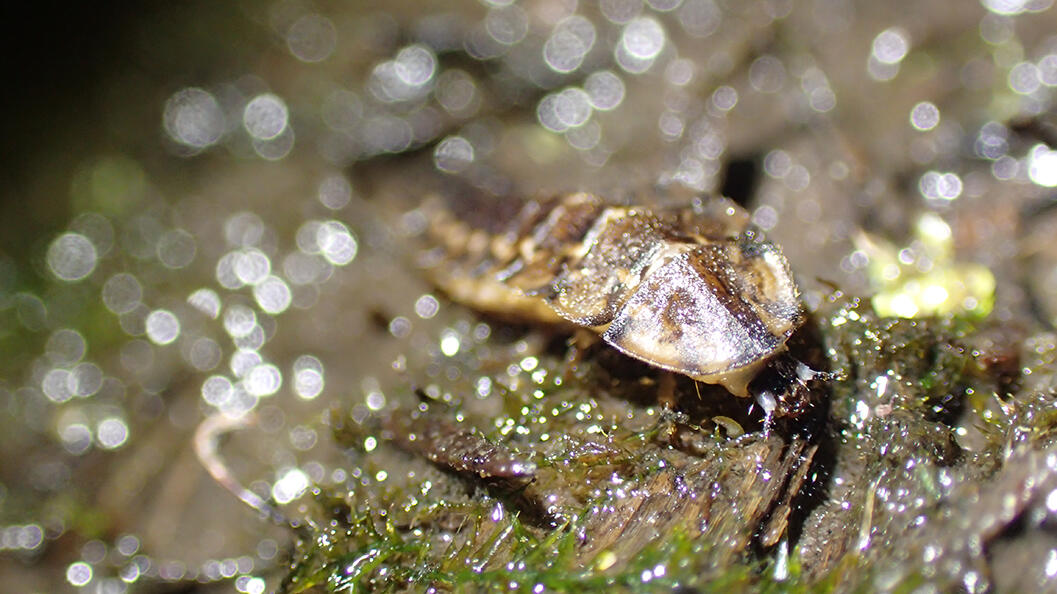
How you can help, right now
Boardwalk Tickets
We're open Wednesdays thru Saturdays 9 AM to 5 PM and
Sundays 11 AM to 4 PM.
Beidler Membership
Click here to purchase a membership, which provides free admission for a year and other benefits. We offer both Individual and Family Memberships.
Donate to Beidler Forest
If you wish to support us, please consider donating. 100% of your donation goes back into Beidler Forest.

